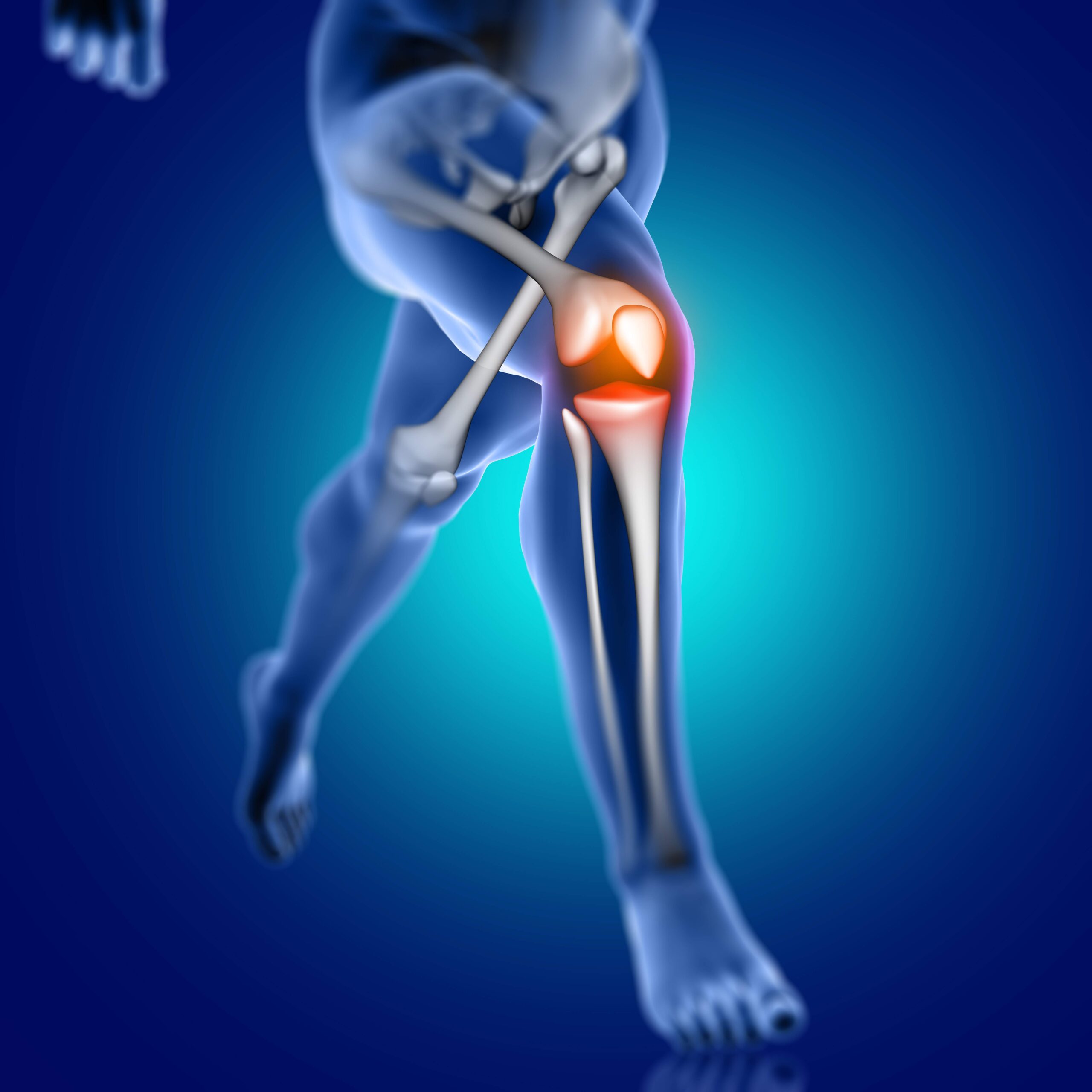
Different sounds hint at different conditions or injuries. And most of the time, it is the bubble of carbon dioxide built up in the synovial fluid (a thick liquid located between the joints) that causes the popping sound. Experts say that it is an involuntary process that causes no harm to the body.
One should not be concerned about painless popping emanating from different sides of the knee, says Dr Pramod Bhor, head of the department, orthopedic surgery, Fortis Hiranandani Hospital, Vashi – Mumbai.
Crepitus: a crack is different from a pop
According to Dr C Kamaraj, senior orthoscopic surgeon, Kamineni Hospitals, Hyderabad, a popping sound is different from a cracking sound.
“A cracking sound is called crepitus (a grating sensation) which is caused due to the wear and tear of the joints. The surface of the joints becomes very rough and irregular, and when the two rough surfaces rub against each other, it causes a cracking sound. It is an indication that the joint has had some degenerative change; this is age-related wear and tear,” he explains.
Dr Bhor says that the cracking sound is very common among older people and it is often related to osteoarthritis. “Mostly women above the age of 50 and men above the age of 60 have osteoarthritis which causes wear and tear of the joints, resulting in crepitus,” says Dr Bhor.
READ MORE
Osteoarthritis: Cause, symptoms and treatment – Happiest Health
Pain/sound in one place needs attention
People with osteoarthritis experience painful cracking and the pain is in one place. The sound will also be heard in one place, says Dr Bhor.
“If the painless popping keeps on changing the position, then we need not worry about it. But if it is coming from one place or always on the inner side or the latter side, then it needs attention. It could be due to some injury or arthritic changes in the body which needs to be examined,” he says.
READ MORE
What are the other causes of knee popping?
Dr Kamaraj says that a condition called discoid meniscus can also cause a popping sound. The meniscus is the c-shaped cartilage between the thigh bone and the shin bone.
“If there is a twisting injury in the meniscus, there will be a tear leading to a clicking or a popping sound. More than popping, it is clicking of the joint,” he says, adding that it can occur in young people as well.
Dr Kamaraj adds that in discoid meniscus, the popping sound could occur without pain but the cracking sound (crepitus) is usually associated with pain due to degenerative changes.
“In discoid meniscus, some children experience a popping sound whenever they sit down and get up or when they try to move the knee. For some people, it can be very painful and for some, it will be painless,” he says.
Damaged ligaments and loose fragments in the joints can also cause popping sounds. “The sound can occur in the knee joint or the patellofemoral joint which is in between the kneecap and the thigh bone,” says Dr Kamaraj.
Stating an example, Dr Kamaraj says, “there are ligaments called medial meniscus and lateral meniscus. If there is damage or any injury to these ligaments, it can cause a popping sound. It is also called locking of the knee where the knee gets locked.”
The other reason for the popping sound could be synovitis, an inflammation of the synovium (soft tissues) of the joint, points out Dr Bhor.
Bone-related injury or an injury to the soft tissues could also be the reasons for popping sounds. “Sometimes there will be a dislocation of the patella, the kneecap, where you can experience the movement of the patella which some people may express as a popping sound. There could also be a problem with the soft tissue; some tendon may move over the bone, causing a popping sound or a popping sensation,” says Dr Kamaraj.
Treatment
It is important to identify the cause of popping or cracking sounds, says Dr Kamaraj. “If the sound is due to discoid meniscus or a tear in the meniscus, it may require surgical intervention. If it is at a very early stage, it can be managed by medication, physiotherapy and exercise. Most of the time, people tend to neglect the sounds and come at a later stage. A reversible problem may become irreversible due to negligence,” he says.
Dr Bhor says that normally people visit the doctor only when they experience pain or trouble in the knee and not when they hear a popping sound.
According to Dr Kamaraj, whenever someone experiences something abnormal in their body, they should approach the doctor. “They should not wait for the pain to start because by then the damage would have already occurred. Even if it is minor, one should consult the physician before it gets worse,” he says.
Knuckle cracking is different from knee popping
Dr Bhor says that knuckle cracking is different from the sound of the knee popping as knuckle cracking is a voluntary movement. The knee-popping sound is involuntary, and the sounds created by both are different.
READ MORE
















